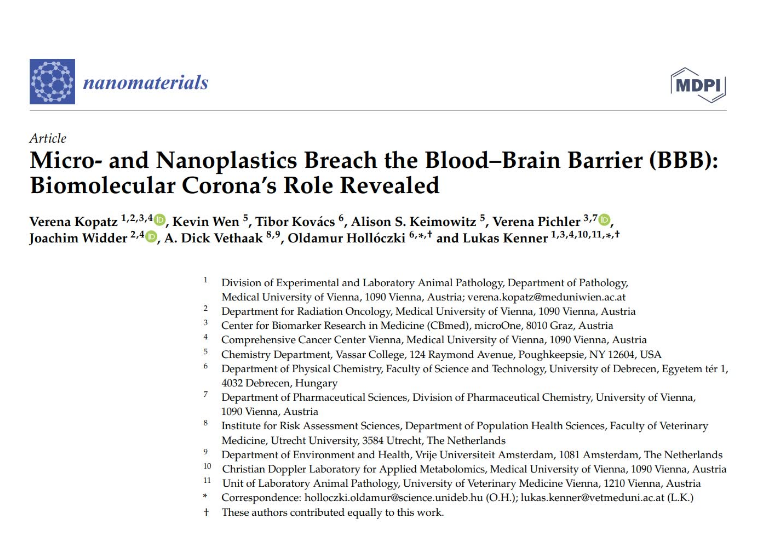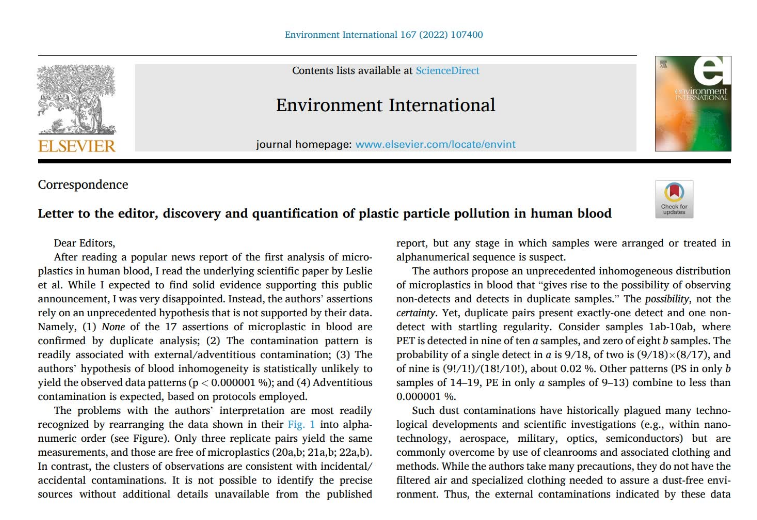03:20

Today, we produce about 400 million tonnes of plastic waste every year. By 2060, annual production of fossil-fuel-based plastics is set to top 1.2 billion tonnes, while waste will exceed 1 billion tonnes, according to the United Nations Environment Programme.
Every June 5 marks World Environment Day. This year's theme is "Beat Plastic Pollution." Plastic waste worsens existing environmental problems and is harmful to humans. Let's dig into the dangers of plastics in this episode of Tech Breakdown.
Plastic takes anywhere from 20 to 500 years to decompose, depending on the material's structure and environmental factors, such as sunlight exposure.
We are well aware of the fact that plastic is harmful to the environment. It can alter habitats and natural processes, reducing ecosystems' ability to adapt to climate change. It also threatens wildlife and spreads toxins.
But do you know plastic can also find its way into your body? Studies in recent years have shown that plastics are being found in humans and can seriously impair our health.

A screenshot of a study titled "Micro- and Nanoplastics Breach the Blood-Brain Barrier (BBB): Biomolecular Corona's Role Revealed" published on MDPI, a publisher of open access scientific journals, in April 2023.
A screenshot of a study titled "Micro- and Nanoplastics Breach the Blood-Brain Barrier (BBB): Biomolecular Corona's Role Revealed" published on MDPI, a publisher of open access scientific journals, in April 2023.
A study published in April by researchers at the University of Vienna found particles of plastic present in mice's brains just two hours after the mice ingested drinking water containing plastic.
This means that plastic particles can breach the brain-blood barrier, a network of blood vessels and tissue that protects the brain from toxins and pathogens. In the brain, plastic particles could increase the risk of inflammation, neurological disorders, or even neurodegenerative diseases such as Alzheimer's or Parkinson's.

A screenshot of a study titled "Discovery and quantification of plastic particle pollution in human blood" published on Elsevier, a Dutch academic publishing company, in May 2022.
A screenshot of a study titled "Discovery and quantification of plastic particle pollution in human blood" published on Elsevier, a Dutch academic publishing company, in May 2022.
In another study last year, a group of researchers from the Netherlands discovered microplastics in human blood for the first time, warning that the particles could also be making their way into our internal organs.
In this study, half of the blood samples showed traces of PET plastics, which are widely used to make drinking bottles. More than a third of the samples also had polystyrene particles – polystyrene is used in disposable food containers and many other products.
Besides the brain and blood, plastics have managed to infiltrate other parts of the human body, including our organs, placentas, breast milk and gastrointestinal systems.
Governments and businesses have been taking steps to reduce the use of plastics and tackle plastic pollution. As individuals, we can also make contributions in our daily lives. Here are some tips you can follow to reduce plastic use:
1. Avoid single-use plastics, such as spoons, forks, and straws.
2. Bring a reusable bag when you go shopping.
3. Buy less chewing gum since it contains plastics.
4. Recycle plastics you use every day, like bottles, bags, containers and more.
Let's start from today and make the Earth greener and more sustainable together.
Videographer: Zhang Hengrui
Video editor: Zeng Hongen
Cover image: Liu Shaozhen